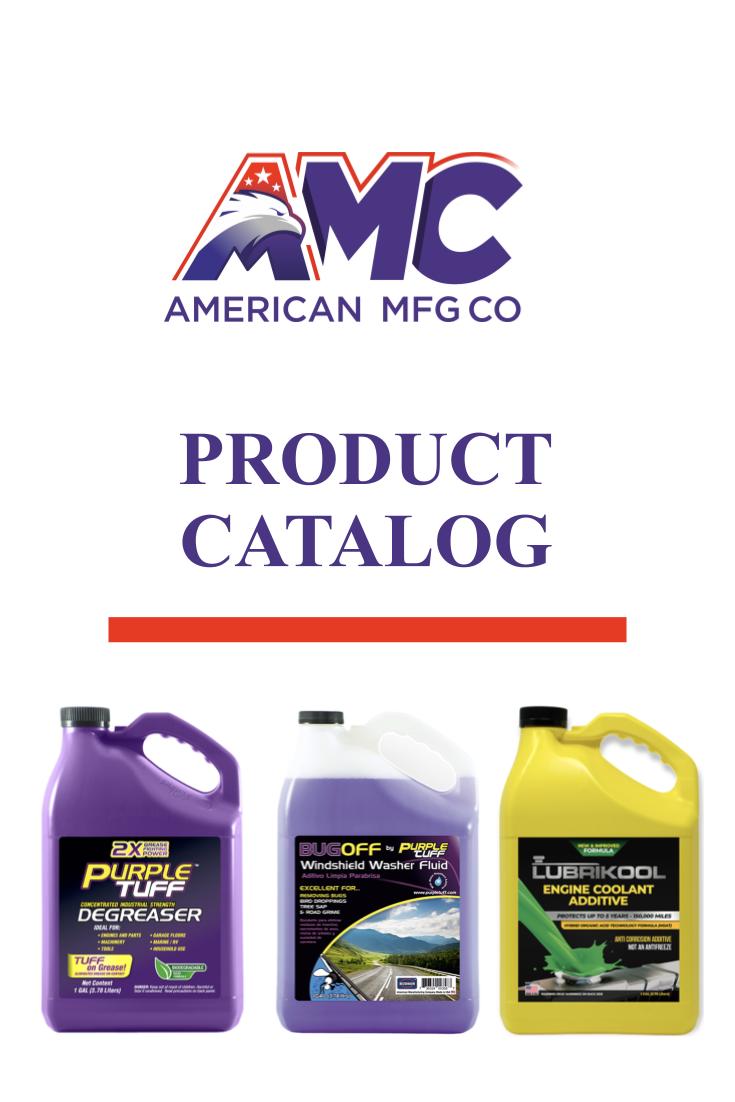Blog
Diesel Exhaust Fluid 101: Everything You Need to Know About DEF

Diesel emissions are one of the biggest culprits of environmental hazards and emissions worldwide. They jeopardize human health and make the environment uninhabitable by damaging the ozone layer. However, all of this does not limit their necessity in heavy-duty vehicles like vans and trucks. Therefore, the automotive industries have introduced Diesel Exhaust Fluids (DEF) to reduce emissions and improve air quality. Anyone driving a diesel vehicle in North America, Europe, or anywhere else in the world is legally required to use DEF to reduce harmful gas emissions. Since eco-friendly fluids are still relatively new, people need to be well-informed about their application. Users can easily find many Diesel Exhaust Fluid producers in these countries. However, there is a lot of conflicting information about DEF in different markets and whether they meet federal regulations. This blog will help you learn all about DEF and why they are essential to helping the environment.
What is DEF (Diesel Exhaust Fluid)?
Chemically, DEF is a mixture of synthetic urea and deionized water used in Selective Catalytic Reduction (SCR) systems in diesel engines. This liquid mixture is injected into the exhaust flow through a controlled dosing module, allowing it to react and neutralize the NOx molecules. This harmful emission is converted into nitrogen and water.
What is SCR and how does DEF help its operation?
SCR, or Selective Catalytic Reduction, is a fuel-efficient and cost-effective technology for controlling emissions from diesel engines. Light-duty cars and trucks are often considered high-quality due to their compliance with emissions standards and fuel efficiency, without compromising performance. It is one of the few emission technologies that can reduce diesel emissions to nearly zero and save up to 3-5% in fuel. This makes it an excellent technology for both the environment and business. SCR allows nitrogen oxide reductions to occur in an oxidizing atmosphere. It is a selective method because it uses ammonia as a reductant to lower NOx levels in a catalyst system. The pollutants, mainly NOx, are converted into common molecules that we breathe in the air: water, nitrogen, and a small amount of carbon dioxide. Throughout this process, the main compound helping to reduce the pollutants into less harmful substances is automotive-grade urea, also known as DEF, which quickly hydrolyzes to introduce oxidizing ammonia into the exhaust flow.
Importance of DEF – Diesel Exhaust Fluid
It is an essential ingredient to start the chemical reaction that prevents the dangerous gases produced in the engine from mixing with the environment. Using this fuel additive requires a separate tank; spending extra money on it may seem inconvenient, but keeping your trucks, buses, and other heavy machinery running smoothly on the road requires DEF. All vehicles manufactured after 2010 must be equipped with SCR technology that requires DEF. Newer vehicles are now programmed to inject DEF into their exhaust flow to make emissions less harmful. If a vehicle runs out of this fluid, engine performance may decrease, reducing vehicle efficiency. The typical formulation of DEF consists of 67.5% deionized water and 32.5% urea, also known as carbamide. It is a compound that naturally occurs in the urine of mammals. Urea binds certain chemicals, like nitrogen, in diesel exhaust. As emission regulations increase day by day, the use of DEF extends beyond diesel trucks and heavy vehicles. It also has widespread applications in other types of machinery, such as marine and agricultural equipment.
Is DEF dangerous?
It is not flammable, volatile, or a pollutant. However, if not properly managed or if it becomes extensively contaminated, it can seriously affect the engine’s emission solutions that use Selective Catalytic Reduction technology. The urea used in DEF is automotive or pharmaceutical grade. At this quality level, the impurity concentration is very low, which could damage the high-end exhaust catalyst over time. The mixture also uses analytical grade water, meaning it is purified, distilled, and deionized through ultrafiltration and reverse osmosis. DEF in SCR systems has been a helping hand in extending service life and postponing equipment acquisition. Today, any mechanical technology above 75 horsepower requires DEF. Managing your vehicle’s DEF should not be seen as a burden, as proper knowledge of how to handle the technology can reduce the risks associated with DEF. Every vehicle owner should purchase diesel exhaust fluid from a reputable supplier with transparent supply chain management and no associated risks with high-power heavy equipment.
Conclusion
As the world becomes more climate-conscious, the demand for DEF increases daily. And after the implementation of the Diesel Emission Reduction Act (DERA) in 2010, diesel engines must comply with all emission restrictions. Off-road vehicles, generators, and other equipment also need DEF. American MFG is one of the high-quality diesel exhaust fluid producers qualified to work with any diesel engine equipped with SCR technology. Get the best quality DEF at an affordable price from American MFG.




